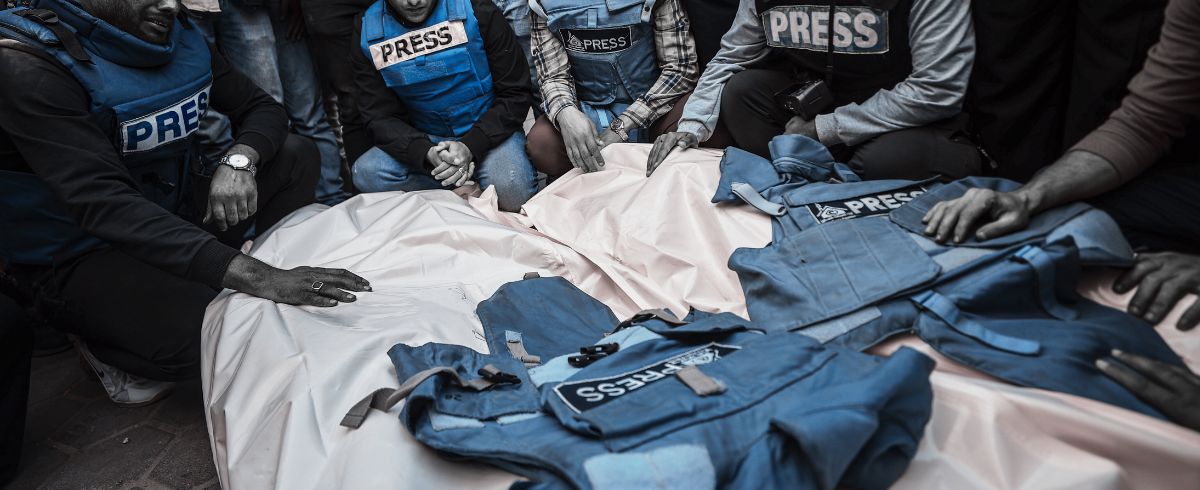Are you a supporter or a fan? Do you support Donald Trump or root for Kamala Harris? Are your views on Sally Rooney and J. K. Rowling right on the money or spot-on? And would you call either of those authors clever – or one of their books?
These terms are all examples of what Ben Yagoda, professor emeritus at the University of Delaware, calls “Not One-Off Britishisms” (NOOBs): words and phrases that have made their way from the UK to the US, many of them in recent years, and look set to stay. While the linguistic phenomenon known as the “Americanism” continues to irk some people in the UK, it is less widely acknowledged that the influence flows in the other direction, too. Since 2011 Yagoda has been tracing rogue “Britishisms” on a blog that now runs to more than 900 entries; he has “organized, updated, and expanded” on a selection of those entries in his book Gobsmacked!: The British invasion of American English (Princeton University Press, £20).
According to Yagoda, NOOBs date back to the nineteenth century, and a complaint from the literary critic (and thoroughgoing New Yorker) Richard Grant White about things being awfully good (or bad) rather than very good (or bad). As revealed by the OED, Green’s Dictionary of Slang, Google Books’s Ngram Viewer and other resources, the trend continues down to the present. To veg out seems to be have been a necessary indulgence perfected in North America in the late 1960s before it was exported to the UK; thanks to Jamie Oliver’s television programmes about cooking, however, a few Americans at least will have learnt to think of their greens as veg. Although Charles Bukowski could write about feeling gutted fifty years ago, that looks like a one-off (itself a Britishism). Feeling gutted was once largely a British experience, but Yagoda suggests that its stock on, say, Wall Street “shot up on November 9, 2016” – following that year’s presidential election, that is.
Those alarmed by the NOOBs should perhaps propose the erection of some kind of verbal wall in order to keep them out. But no, others will say: NOOBs may have an essential enriching effect on their new host country. Spot-on, for example, strikes Yagoda as a “classic example of an early NOOB that caught on because it’s better than all the American equivalents”. (Ngram suggests that its usage has increased in North America since some initial forays in restaurant reviews and a cameo appearance on The Wire.) And clever? “This is the word that gets the most blowback when I write about it on the blog.” Both clever in the sense of intelligent and related expressions such as too clever by half are said to date to the nineteenth century in the UK. Yagoda reckons that latter phrase has now “fully arrived” on his side of the Atlantic; clever per se is merely “emerging” there.
Via another linguist-blogger, Lynne Murphy, Yagoda is able to furnish Gobsmacked! with a list of westward-migrating terms, one for each of the past eighteen years. What a tale they tell (illustrated here by a chronological selection from Professor Murphy’s selection): wanker, baby bump (“cute way of referring to a visible sign of pregnancy”), kettling (“the police practice of herding demonstrators into a restricted exitless area”), dodgy, shitgibbon, jab (think 2020) and fit (“sexually attractive”). We look forward to hearing what turns out to be the leading British invader of 2024.
This October turns out to be a swell month for literary anniversaries. Admirers of Georges Perec will already know that he conducted his experiment known as Tentative d’épuisement d’un lieu parisien (An Attempt at Exhausting a Place in Paris) between October 18 and 20, 1974. (Perec sat in the Place Saint-Sulpice noting ordinary and unnoticed things: passers-by and passing buses, lights coming on, pigeons loitering.) Admirers of Ian Fleming’s Chitty-Chitty-Bang-Bang: The magical car, a story for children, will already know that Jonathan Cape published its first volume (of three) on October 22, 1964. Should a magical car have swooped through the Place Saint-Sulpice ten years later, we suspect Perec would have raised his Oulipean eyebrow but stuck wisely to his own, rather more down-to-earth literary mission.
A third group of enthusiasts will be celebrating the magazine New Worlds this month. Although it dates back to 1936, when it was called Novae Terrae, this is the magazine of which Michael Moorcock became editor sixty years ago, beginning with the issue of May/June 1964. Some marvellous times ensued: there were contributions from Mervyn Peake and Thomas Pynchon, Christopher Logue, J. G. Ballard, M. John Harrison and Roger Zelazny. New Worlds can claim to have published the first article promoting Philip K. Dick and the first magazine interview with J. R. R. Tolkien. It can also claim to have challenged, and changed, readers’ ideas about what science fiction is and what it could (or should) do.
The “New Wave” magazine later became a series of anthologies published by Sphere Books, and enjoyed several revivals in various formats. For its sixtieth anniversary, Moorcock has edited what counts as volume 66, number 224; it includes some chapters from an unfinished novel by Thomas M. Disch as well as contributions from notable alumni such as John Clute, Iain Sinclair, Pamela Zoline and Roz Kaveney.
Zoline recollects the days of “making transgressive fun” with Ballard. “Always good company”, he seemed to her “gallant, funny, relentlessly curious, appalled and amused, propelled by ideas”. “He fancied himself the secret agent of Shepperton, though one who would happily scandalize the suburban neighbors by occasionally strutting naked à la William Blake in the small, wild, overgrown garden.” Moorcock offers another wonky adventure for his long- running character Jerry Cornelius (with chapter titles drawn from the works of J. B. Priestley). John Coulthart marks yet another October anniversary, this time a centenary: it is 100 years since the publication of André Breton’s Manifeste du surréalisme (not to mention that of his rival Yvan Goll). This piece is aptly preceded by some collages by Allan Kausch, a typically surreal example of which is reproduced above.
The anniversary edition of New Worlds may be purchased from jaydedesign.com for £15.
M. C.
The post Brits abroad appeared first on TLS.

 By Times Literary Supplement | Created at 2024-10-29 21:41:39 | Updated at 2024-10-30 17:35:05
1 week ago
By Times Literary Supplement | Created at 2024-10-29 21:41:39 | Updated at 2024-10-30 17:35:05
1 week ago



